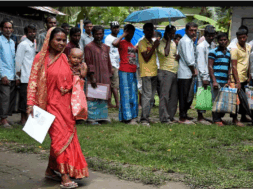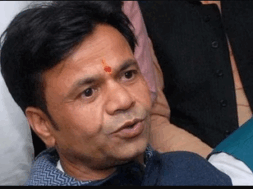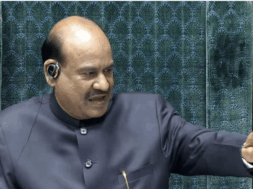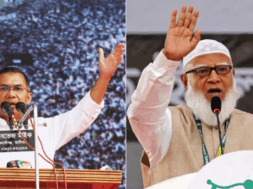
NEW DELHI, Aug 3: The government not Wednesday withdrew the Personal Data Protection Bill which sought to regulate how an individual’s data can be used by companies and the government and was keenly been awaited by the top technology companies and industries stakeholders.
The government decided to take the bill back in view of the Joint Parliamentary Committee set up to study the bill suggested as many as 81 changes in the draft bill. The government sources said a new comprehensive bill was being drafted incorporating the changes suggested by the joint committee.
The bill had been sent to the panel in 2019 after it faced vehement protests from the opposition Congress and Trinamool Congress among others who said the data privacy law violated fundamental rights of citizens. The opposition parties had said the law gave sweeping powers to the government to access personal data of individuals under opaque conditions, citing national security and other reasons.
The bill defined personal data as information that could help in the identification of an individual and has characteristics, traits and other features of a person’s identity. The opposition parties said the law would make it easier for the government to snoop on citizens, while the government argued the penalties listed for unauthorised use of the data were enough to prevent such cases.
The law also reportedly would have required large social media platforms to offer an identity-verification option, a potentially precedent-setting effort to rein in the spread of “fake news.” The requirement would likely raise a host of technical and policy issues for companies including Facebook and its WhatsApp and Instagram units, Twitter, among others, all of which have millions of users in India. The Personal Data Protection bill was keenly awaited by top technology companies and industry stakeholders as it could alter the way all major internet companies process, store and transfer Indian consumers’ data.
(Manas Dasgupta)














